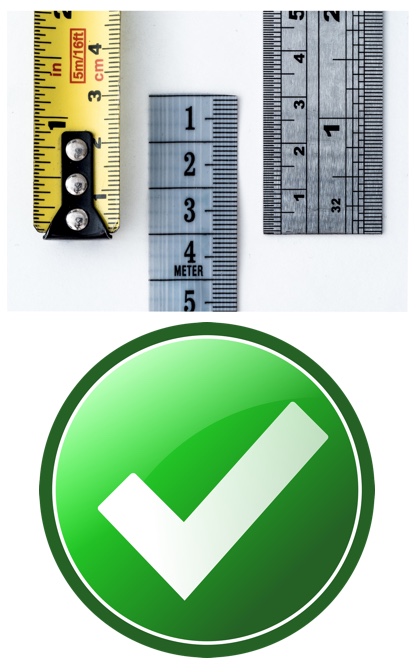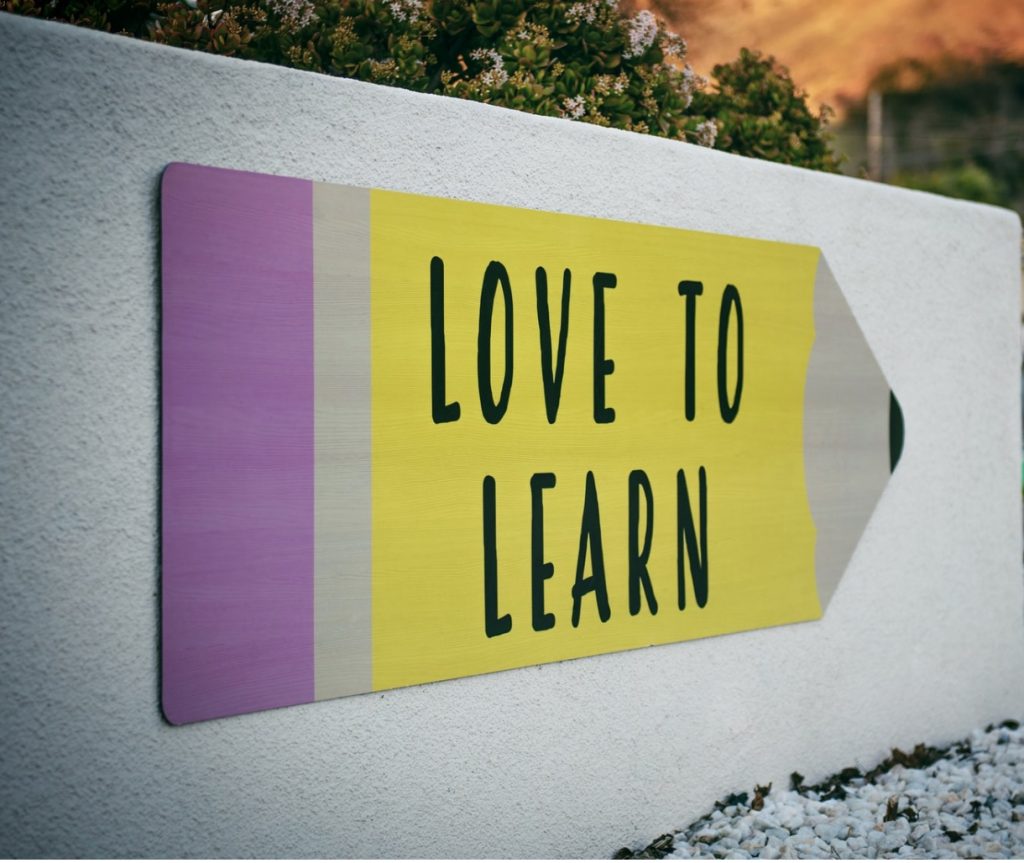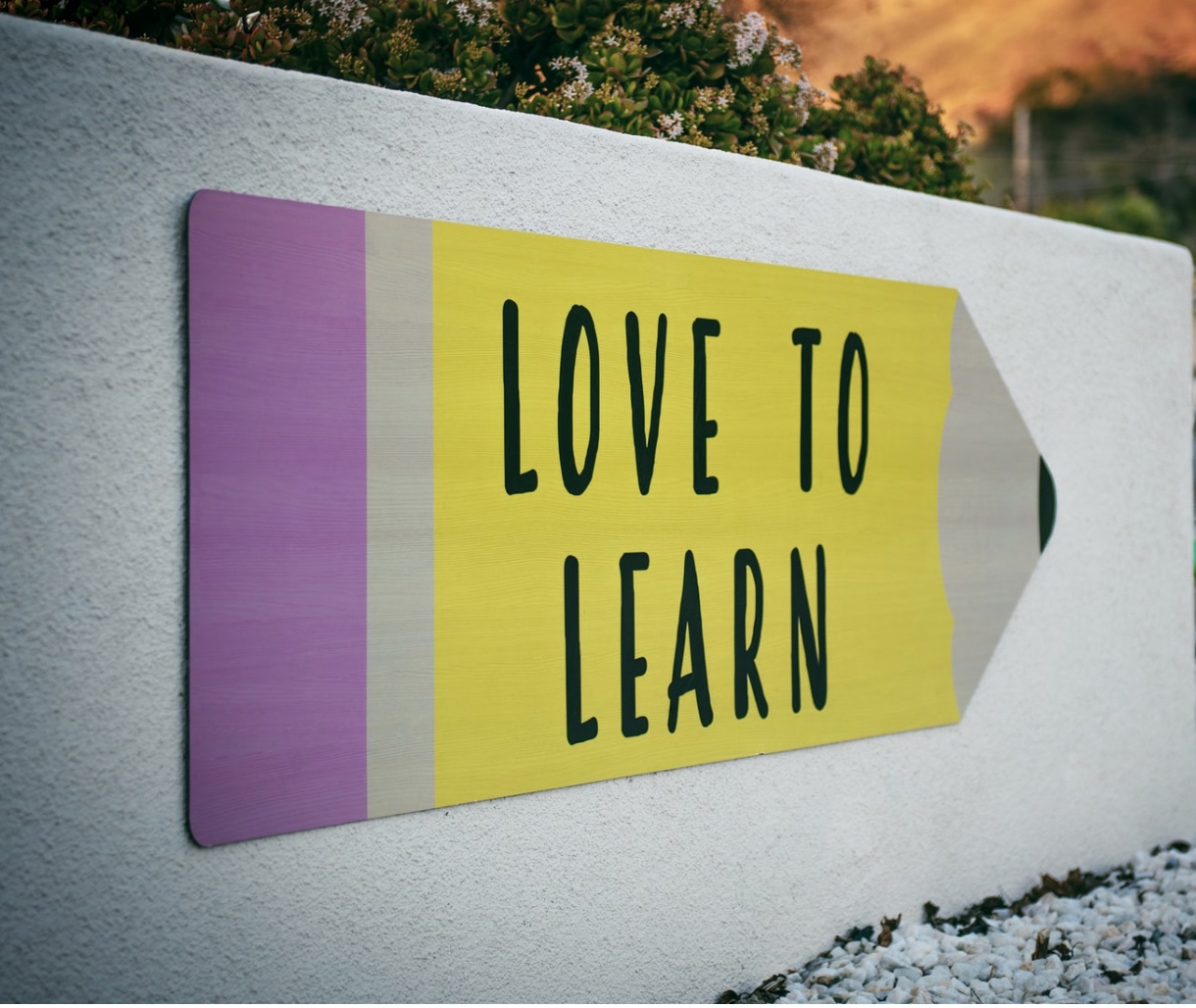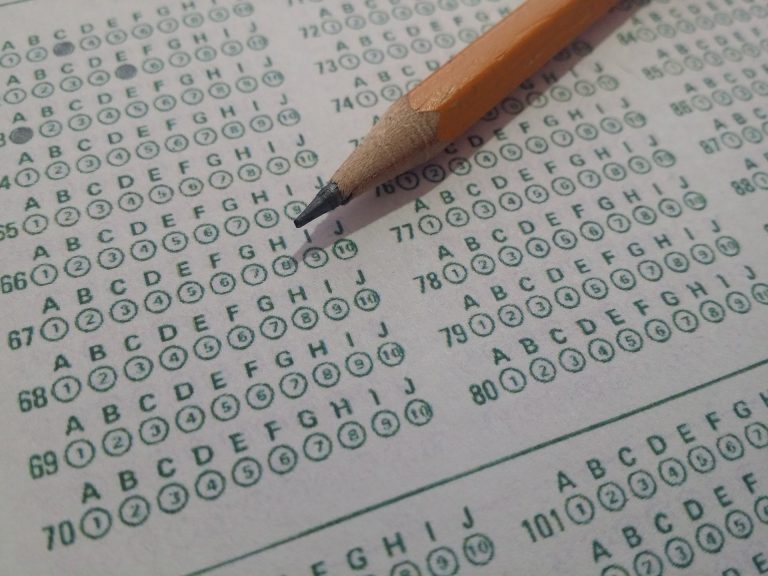The Wrong and Right Way to Fix Your Student’s Mistakes
Years ago an investigative reporter presented a story in which some public school teachers had been caught “adjusting” the answers on some of their students’ achievement tests. In this particular school, bonuses were linked to high classroom scores on end-of-the-year achievement tests. The temptation to tweak the weaker students’ answer sheets to increase the overall class average was too much for them to resist.
I don’t remember the exact sanction imposed on these teachers for their unethical behavior– probably dismissal, license taken away, etc. You have to wonder, though, what the students in these classes thought about this big mess. Did they speculate whether their answer sheet was one that had been “adjusted” to bring the class average up? Maybe they didn’t care. But more likely, they did care.

Our culture is big on achievement and recognition. Most students want to “measure up,” to “get things right.” But one thing is for sure, your student, like virtually all students, will have some incorrect answers on his or her end-of-the-year achievement test. Even if you don’t go over the results of the test with your child, at some point you’re going to want to re-teach what they missed. I’d like to suggest a way to do this so that your child is less likely to feel foolish or stupid in the process.
When your student answers a question incorrectly, there isn’t just one thing he or she doesn’t know, but actually two things. The first is that the student doesn’t know the correct answer to the question posed. The second, if the answer was not just a random guess, is the question to which the answer the student gave belongs.
For example, if you asked your student, “What is 6 times 8?” and he answered, “40”, most of us would simply say “no”, or “that’s not correct” and then simply say, “The answer is 48.” We’d let it go at that and move on to something else.
What I’m recommending is responding differently by saying something like: “your answer would be correct if I had asked you, ‘what is 5 times 8’, but I’m asking you what is 6 times 8.” By answering this way, you will have pointed him toward the right answer while at the same affirming his response. His answer was a correct response, only to a different question.

Years ago, Madeline Hunter, one of my mentors, called this approach “dignifying errors to promote learning.” I think that’s a great way to think about it.
Thanks for reading!
Curt Bumcrot, MRE
It’s the final weekend to take advantage of discount pricing on achievement tests for 2021. If you plan to test this spring and want to save some money, register and pay for testing by Sunday, January 31. You may schedule your student’s test anytime in 2021 so take a look now at the 2021 remote group testing dates.
Beginning February 1st, prices go up.
To take advantage of this offer, go here.





